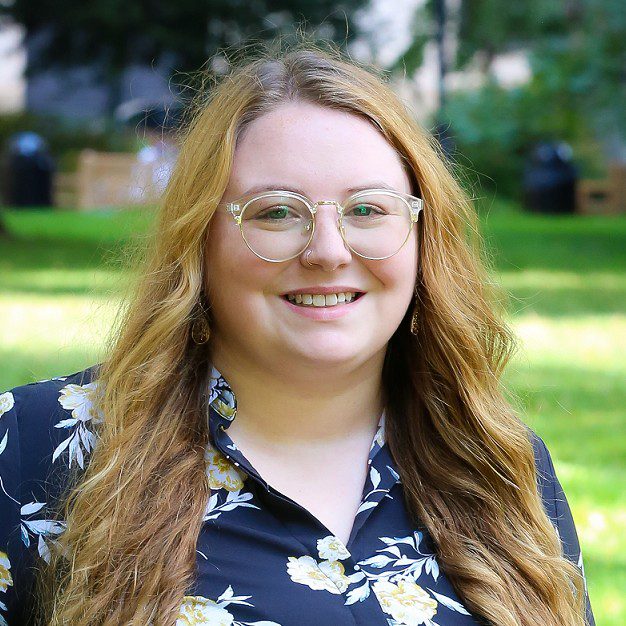PrEPping HBCU Students and Internal Medicine Trainees for the Fight Against HIV
August 13, 2024
With African American individuals accounting for 42 percent of all new HIV infections in the United States (with a PrEP uptake rate of only 9 percent within this population), racial disparities are at the center of the persistence of the national HIV epidemic.
At Duke University School of Medicine the Evidence2Practice (E2P) program believes that diversifying the HIV workforce research community is an important approach to address the racial disparities that critically impede progress toward ending the HIV epidemic. In 2021, the E2P began empowering pharmacy students to collaborate with students from Historically Black Colleges and Universities (HBCUs) to become active participants in the fight against HIV.
The project’s co-investigator Lance Okeke, MD, an infectious disease physician and associate professor at Duke University School of Medicine, began the project. Aimee Zaas, MD, an infectious disease physician and professor of medicine at Duke University School of Medicine, with funding from the Building Trust through Diversity, Health Care Equity, and Inclusion in Internal Medicine Training grant program, is now partnering with Dr. Okeke to expand the program across eight HBCUs in North and South Carolina. Residents participate in a three-day intensive workshop with HBCU students focused on implementation science and best practices in HIV education.
Dr. Zaas shared that “working with Dr Okeke, our residents and the HBCU students on this project shows the power of building relationships in our communities. His expertise is incredible, and I believe both groups (residents and students) benefited tremendously from the efforts. We look forward to continuing these conversations and relationships.”
The E2P program boasts a multi-pronged approach:
- Resident Development: Residents gain valuable experience in public health education and build skills in working with diverse audiences.
- HBCU Engagement: The program strengthens ties between Duke University School of Medicine and HBCUs, fostering a pipeline for future medical professionals.
- Increased HIV Awareness: By collaborating with HBCU students, the program directly addresses PrEP awareness gaps in underserved communities and empowers HBCU students to affect change at their university.
The initiative is a prime example of how collaboration between academic institutions and diverse communities can lead to innovative solutions for pressing public health challenges. By empowering both residents and students, the E2P program has the potential to make a significant difference in the fight against HIV.
In October 2023, the program’s first expanded workshop series at North Carolina Central University (NCCU) brought together residents and students to develop an action plan for improving HIV prevention awareness on NCCU’s campus. All six residents participating in the E2P program expressed a strong interest in HIV, public health, and infectious diseases even before applying. The team received positive feedback from students who participated in the NCCU workshop that they appreciated the opportunity to interact with medical professionals and learn from their experiences. They also found the workshop’s interactive format engaging and informative. As an added bonus, a student who participated in a workshop at North Carolina A & T University was able to come to Duke to shadow one of the participating residents.
With E2P, Duke University School of Medicine isn’t just fighting HIV, they’re building a future where health care reflects the communities it serves.



